Seres becomes a boss, will it be Yu Chengdong's 'employer'?
![]() 09/04 2024
09/04 2024
![]() 484
484
Introduction | Lead
After Huawei announced that it would spin off its automotive BU into Huawei Yingwang, attracting external investment has become a top priority for Yingwang. Seres, which has received Huawei's full-year product support, has attracted particular attention as an investor. However, apart from Avatar and Seres, there has been no news of other automakers investing in Yingwang.
Produced by | Heyan Yueche Studio
Written by | Zhang Chi
Edited by | Heyan Studio
Total words: 2387
Reading time: 4 minutes
Recently, Seres officially announced its investment in Huawei Yingwang.
Huawei Yingwang is Shenzhen Yingwang Smart Technology Co., Ltd., a subsidiary of Huawei. Similar to Avatar, Seres will acquire a 10% stake in Huawei Yingwang for RMB 11.5 billion. For Seres, this investment is significant. Although Seres has achieved profitability, and its multiple HarmonyOS-powered models such as M7 and M9 have consistently maintained high sales, RMB 11.5 billion is equivalent to seven times Seres's net profit attributable to shareholders of RMB 1.625 billion in the first half of 2024, accounting for 80% of its cash balance of RMB 13.89 billion in the same period.
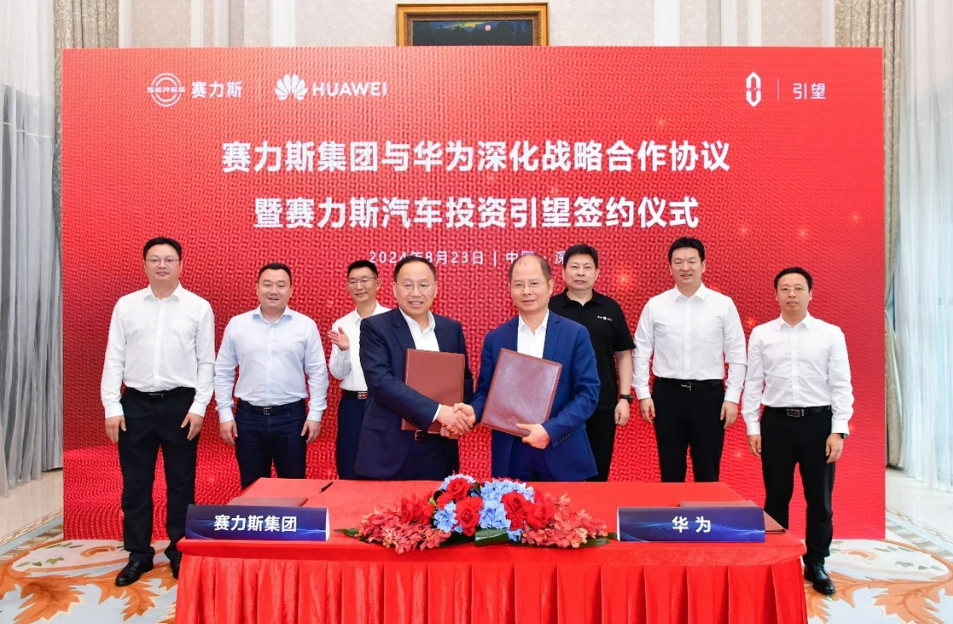
△Seres invests heavily in Huawei Yingwang with a 10% stake
Other Huawei-affiliated automakers are less proactive than Wenjie
For Huawei, manufacturing cars is not a viable option. Therefore, despite Yu Chengdong's internal struggles, Huawei's management ultimately did not decide to enter the automotive manufacturing business. In this context, spinning off the automotive BU and attracting other investors not only allows Huawei to quickly recoup its previous investments worth billions but also helps address concerns from other OEMs about Huawei's potential entry into automotive manufacturing, thereby facilitating Huawei's ability to win more orders from automakers. However, the current situation has not unfolded as smoothly as Huawei had anticipated.
At the end of last year, Yu Chengdong publicly called on Seres, Chery, JAC Motor, and Beijing Automotive Group (BJEV), which have adopted Huawei's HarmonyOS Intelligent Driving solution, to invest in Yingwang and expressed his hope that FAW Group would also participate. However, apart from Seres, there have been no announcements of other automakers investing in Yingwang. Seres has gone all in, investing all or most of its resources into the Wenjie brand. In contrast, automakers like BJEV, Chery, and JAC are locally state-owned and have their own considerations regarding their influence and future cooperation with Huawei. Even if they invest just 10%, they would need approval from government authorities, and investing RMB 11.5 billion would significantly crowd out their investments in other areas. Huawei Yingwang has not yet become the only viable option for these automakers in a do-or-die situation.
On the one hand, besides Huawei Yingwang, there are other formidable competitors in the domestic market, including Momenta, which has established joint ventures with SAIC Motor and BYD, DJI, which developed the smartest gasoline-powered vehicle for SAIC Volkswagen, and Pony.ai, which has deployed Rotobaxi in China. The reasonableness of Huawei Yingwang's valuation and the sustainability of its future business growth are factors that need to be considered before investing.
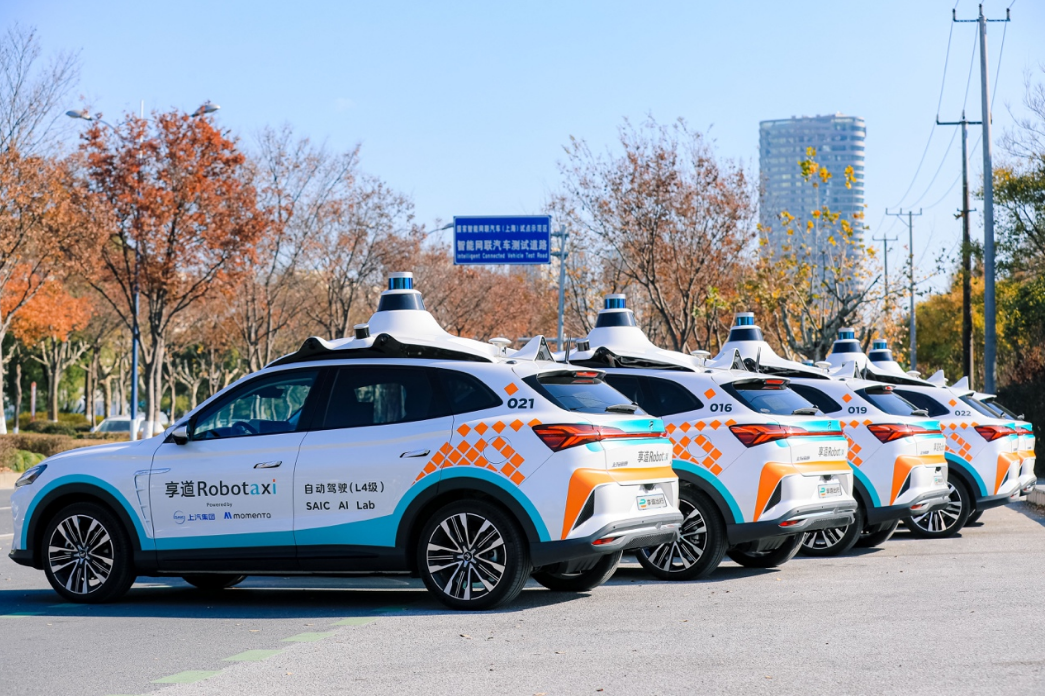
△Intense competition in the domestic high-level intelligent driving sector
On the other hand, apart from Seres, other companies adopting the HarmonyOS Intelligent Driving model have numerous business investments of their own. Take Chery as an example. While collaborating with Huawei to build the Zhide brand, Chery will not abandon its in-house intelligent driving research and development, and it continues to launch new energy vehicles. However, the first model of Zhide, the Zhide S7, has performed modestly. After its second launch in April this year, sales rose briefly but then stagnated in June and July, with only 2,306 and 1,541 units sold, respectively, falling short of expectations.
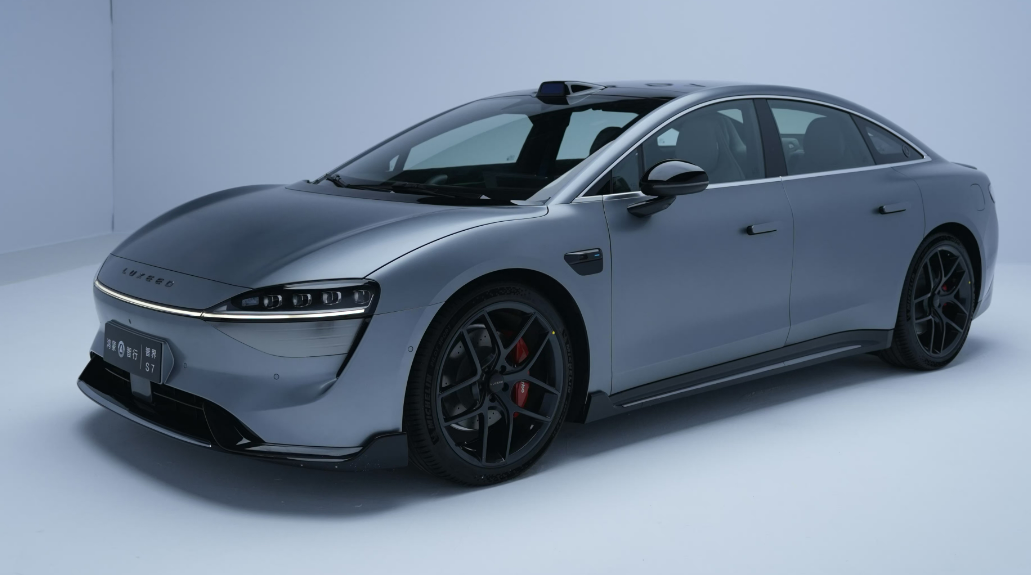
△Sales of Zhide S7 pale in comparison to Wenjie series
Is Seres' investment in Yingwang worthwhile?
Seres' transformation is largely attributed to Huawei's automotive BU. As the first automaker to fully collaborate with Huawei, Seres has gained a first-mover advantage, with domestic consumers perceiving it as Huawei's automotive brand. Although Chery and BJEV, which later adopted the HarmonyOS Intelligent Driving model, have stronger overall capabilities than Seres, their sales performance has not been as impressive. Therefore, for Seres, maintaining a close relationship with Huawei is crucial to ensuring its position in the market, both in the short and long term.
From an investment perspective, investing in Huawei Yingwang appears to be a sound decision in the short term. While Huawei Yingwang is a startup, it inherits all the assets of Huawei's automotive BU. Its valuation of over RMB 100 billion is supported by over 6,838 patents and 1,603 trademarks, as well as at least 5,500 employees transferred directly from Huawei. By the end of 2023, the number of employees in Huawei's automotive BU had increased to 7,000. Huawei has invested billions in building its automotive BU, and over the years, Huawei Yingwang has developed strong system capabilities.
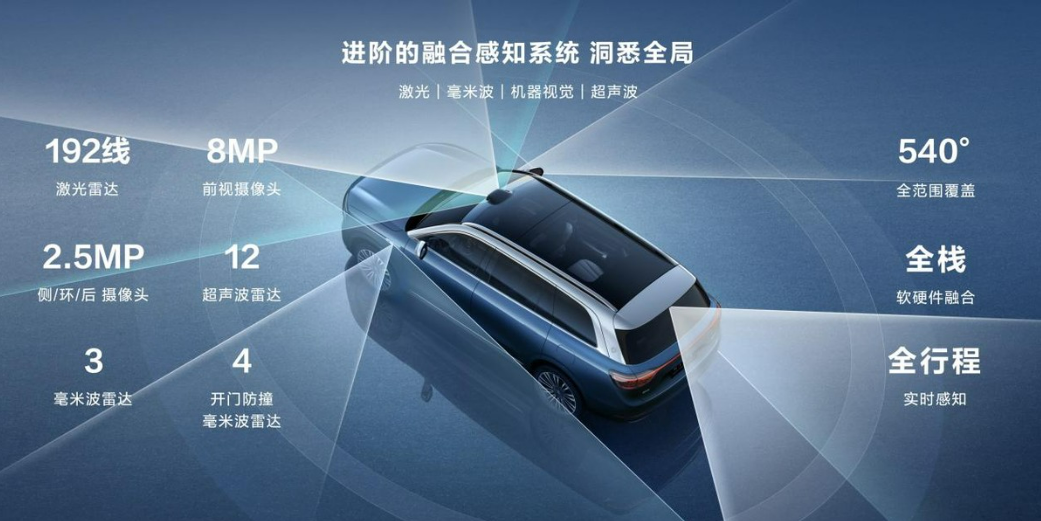
△Huawei Yingwang inherits all the capabilities of Huawei's automotive BU
Moreover, Huawei Yingwang has achieved profitability. In the first half of 2024, its revenue reached RMB 10.425 billion, with a net profit of RMB 2.231 billion. As domestic mainstream automakers such as Audi and BYD begin to adopt Huawei's intelligent driving technology, Huawei Yingwang's revenue is expected to continue to rise. Given the high gross margin of software businesses, Huawei Yingwang's net profit is also poised to reach new highs in the short term.
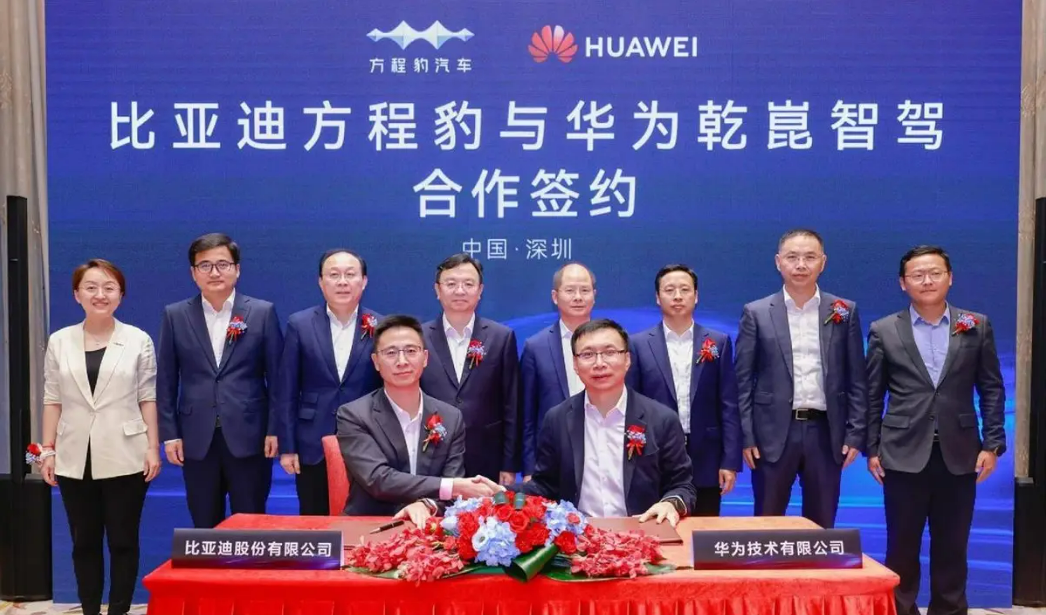
△Huawei Yingwang has successively secured intelligent driving orders from mainstream automakers such as BYD and Audi in China
Will Seres take the lead?
In the past, Seres or the Wenjie series was often seen as working for Huawei. At Wenjie's new car launches, Huawei's Yu Chengdong always took center stage. With Seres' investment in Huawei Yingwang, not only will their relationship deepen, but it may also undergo a transformation.
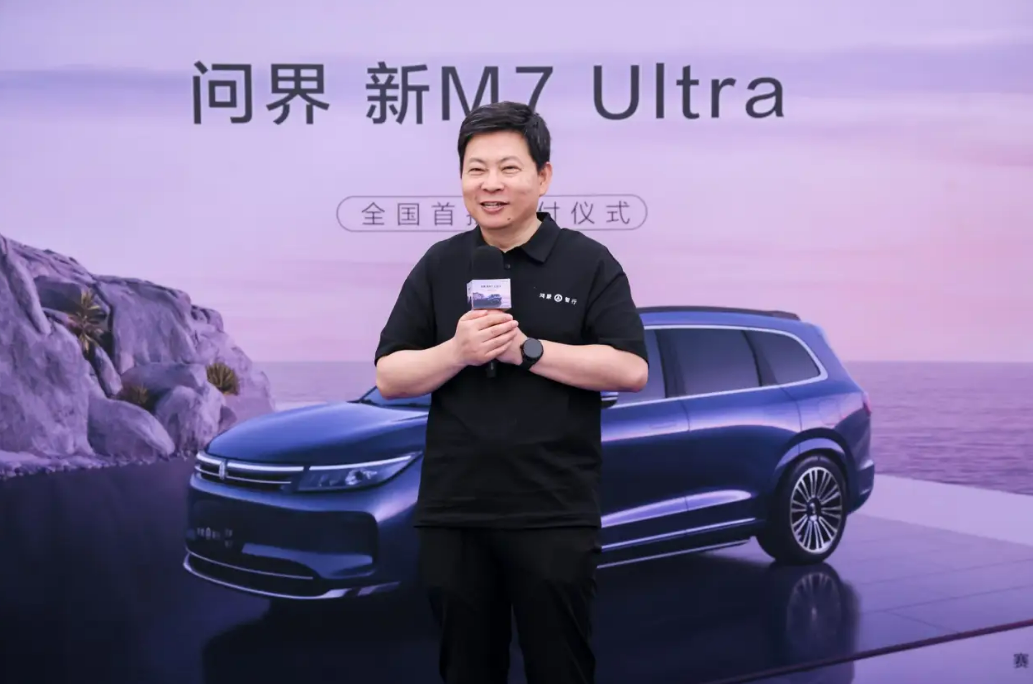
△Most domestic consumers already perceive Seres as Huawei's automotive brand
Now that Seres and Avatar have become shareholders of Huawei Yingwang, it remains to be seen whether Seres will secure a seat on the board. Nevertheless, it is undeniable that Seres wields greater influence over Huawei Yingwang. It is even possible that Seres could become a major shareholder in the future. Currently, Seres' multiple models in China consistently maintain high sales, indicating an increasing pool of resources at its disposal. If other domestic automakers do not plan to invest in Huawei Yingwang, Seres may continue to increase its shareholding. Compared to the lengthy approval process for state-owned enterprise investments, Seres faces relatively fewer obstacles. Huawei Yingwang's technological reserves and intellectual property are essential for Seres' global expansion in the new energy vehicle market. One could even speculate about a potential role reversal between Yu Chengdong and Seres Chairman Zhang Xinghai in the future. Could Yu Chengdong or Huawei Yingwang end up working for Seres?
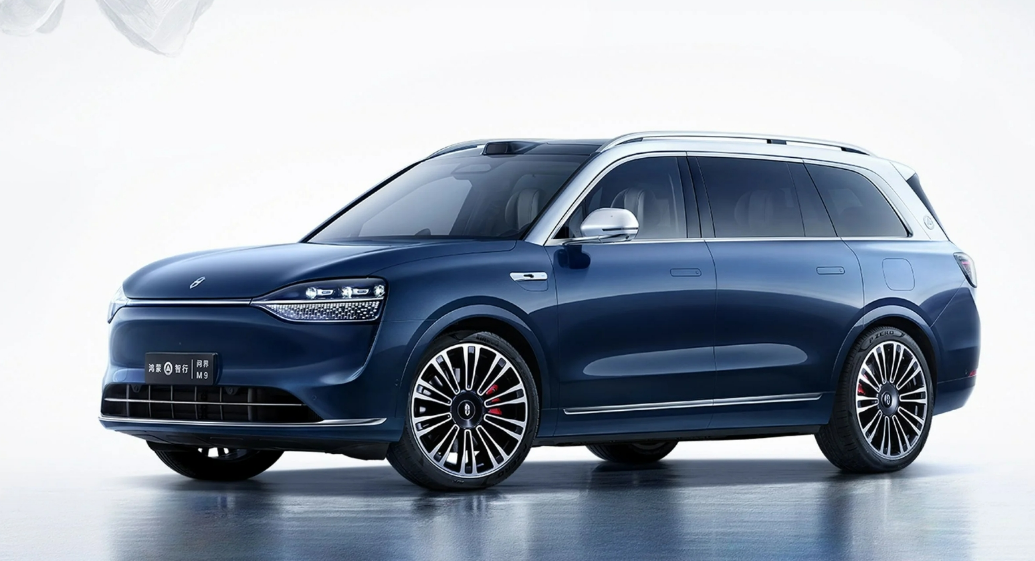
△Seres may continue to increase its investment in Huawei Yingwang in the future
Commentary
If Huawei Yingwang provides Seres with sufficient opportunities, Seres could potentially acquire a controlling stake in Huawei Yingwang, akin to Geely's acquisition of Volvo. However, for Huawei Yingwang or Yu Chengdong, it is desirable to attract more OEM investments. This would enable Huawei to establish closer ties with domestic OEMs through equity and secure future orders. Nevertheless, investing over RMB 11 billion in Huawei Yingwang is no small feat, and many automakers may need to secure bank financing. For OEMs already operating on tight margins, why invest billions when they can collaborate with Huawei through project-based partnerships without the need for equity investments?
(This article is originally created by Heyan Yueche and may not be reproduced without authorization)







